Preserving the Heritage: Why Historic Homes Matter in Modern Real Estate
3 May 2025
Let’s face it—there’s just something magical about historic homes. They carry an undeniable charm, a whisper of the past, and a personality that modern cookie-cutter houses often lack. Whether it's a grand Victorian, a snug Craftsman bungalow, or a stunning Georgian townhouse, historic homes tell stories that bring history to life. But in today’s fast-paced world of high-tech gadgets and sleek designs, do these homes still hold their ground? Spoiler alert: they do. And not just for nostalgia's sake.
In this blog post, we’re diving into the heart of why historic homes continue to matter in today’s real estate market. Whether you’re a homebuyer, a history buff, or someone who simply loves the aesthetic vibes of an older home, you’re going to want to stick around for this.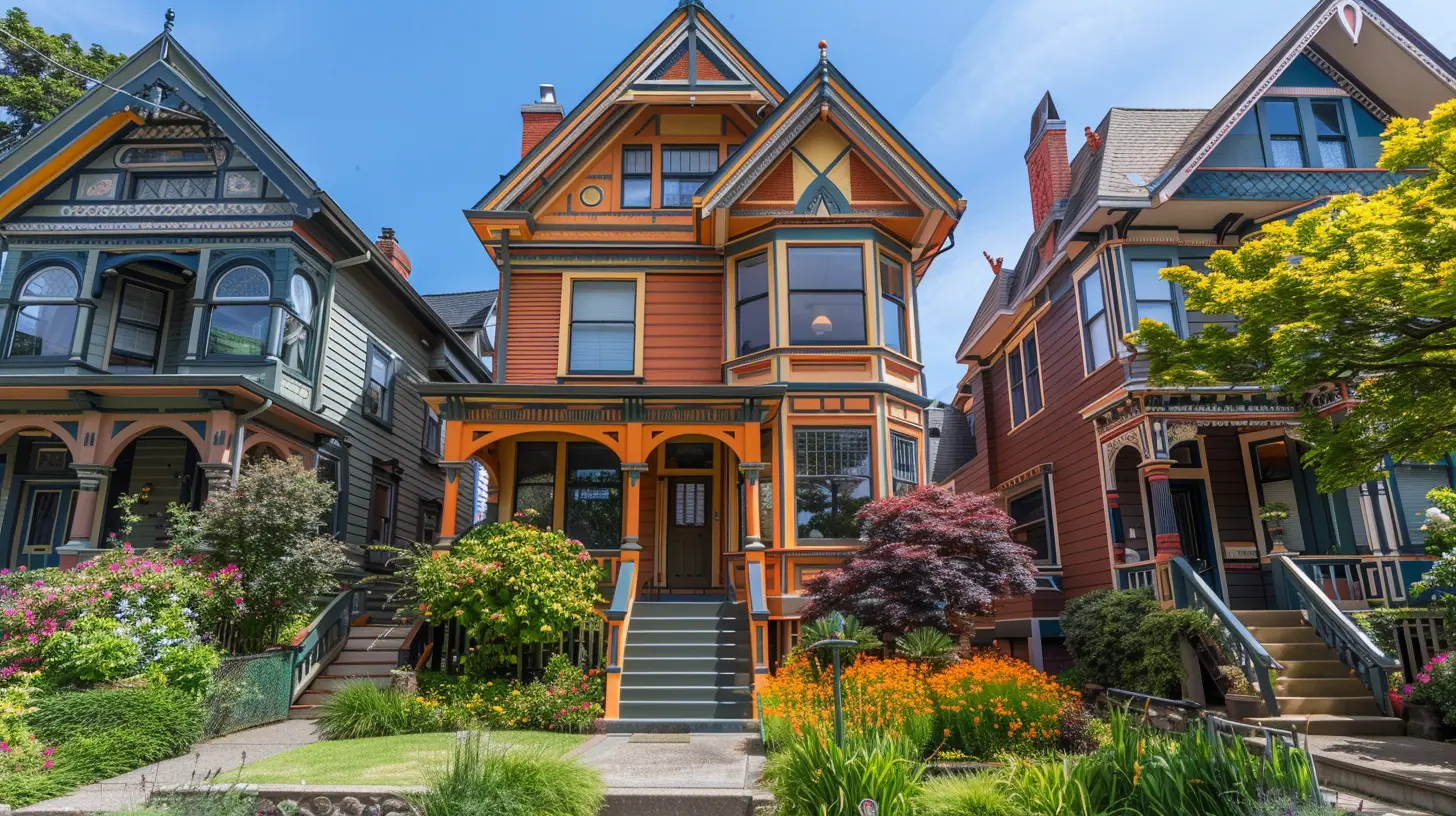
What Makes a Home "Historic"?
First things first—what qualifies as a historic home? Simply being “old” doesn’t cut it. For a property to be deemed historic, it usually needs to meet certain criteria, such as being at least 50 years old, having architectural significance, or being tied to an important event or person. Think Frank Lloyd Wright designs or Civil War-era mansions. These aren’t your average properties; they’re time capsules with brick and mortar.In the U.S., you might also hear about properties listed on the National Register of Historic Places. This designation not only gives a home cred but often opens the door for certain preservation incentives and grants.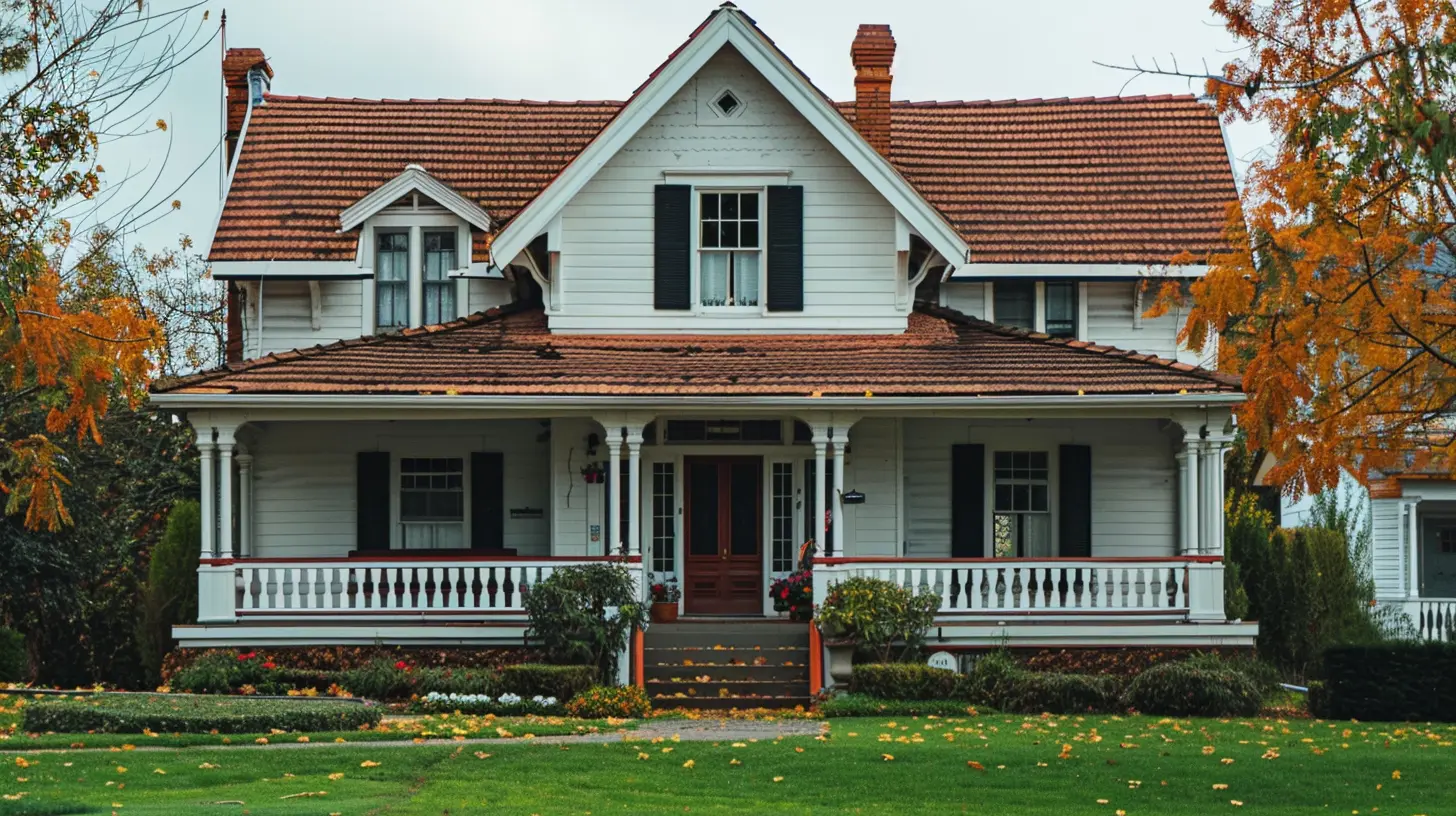
Timeless Character: The Allure of Historic Homes
So, why do historic homes turn heads? In a nutshell: personality. Every nook and cranny carries a unique story. The intricate woodwork, handcrafted details, and charming quirks are all testaments to a time before mass production. Walking into a historic home feels like stepping into another era.Think about it: isn’t it refreshing to see a home with a bit of soul? Unlike modern homes, which can sometimes feel like empty canvases waiting for you to “add character,” historic homes arrive fully loaded. Arched doorways, stained glass windows, wrap-around porches—these features are like a fine wine; they’ve only gotten better with time.
Plus, there’s an element of pride in owning something so rare. It’s like having a piece of history in your backyard.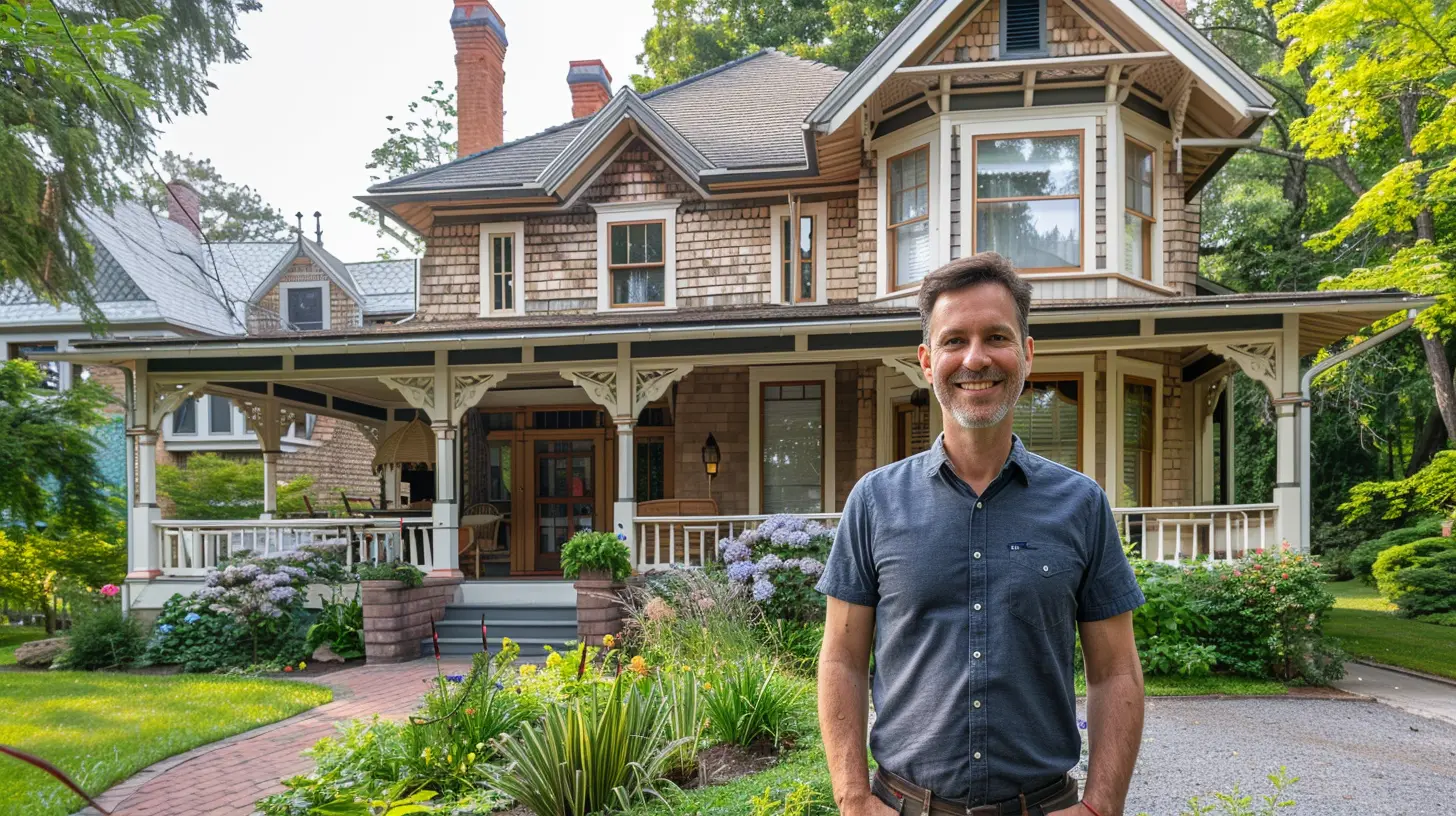
Why Historic Homes Matter in Real Estate
1. Preserving Local Identity
Imagine your neighborhood without its charming old homes. A little cookie-cutter, right? Historic homes are anchors of local identity. They reflect the craftsmanship, architectural styles, and cultural values of the time they were built. When we lose them, we’re not just losing a building; we’re losing a piece of our collective memory.Real estate isn’t just about buying and selling—it’s about community. Preserving historic homes helps cities maintain their distinctiveness, which is a major draw for both residents and tourists. Have you ever strolled through an old neighborhood and felt like you were in a storybook? That’s the magic of historic preservation.
2. They Have Proven Staying Power
Historic homes have stood the test of time—literally. These homes were built in an era when things were meant to last. Heavy timber beams, plaster walls, and real stone foundations aren’t going anywhere anytime soon. Sure, they may need some TLC here and there, but their durability is often superior to modern homes constructed with today’s lightweight materials.And here’s the kicker: they tend to hold their value. In some cases, properly maintained historic homes can even appreciate more over time due to their uniqueness and limited supply. Talk about a solid investment.
3. Sustainability Factor
Think of historic homes as the ultimate example of “reuse, reduce, recycle.” Unlike new construction, which consumes tons of resources, historic homes already exist. Rather than tearing them down (and sending all that material to the landfill), renovating and maintaining these homes is a much greener option.Plus, many older homes were built with eco-friendly features long before it became trendy. Thick walls for natural insulation, strategically placed windows for ventilation, and materials sourced locally—it’s like they were ahead of the sustainability game.
4. Tax Incentives and Grants
Did you know there can be financial perks to owning a historic home? In many areas, governments offer tax breaks or grants for restoring and preserving historic properties. It’s a win-win: you get help maintaining a historic treasure, and the community benefits from your efforts to keep its charm intact.Though this varies by location, it’s worth checking the local incentives before you commit to that charming 1920s Tudor revival.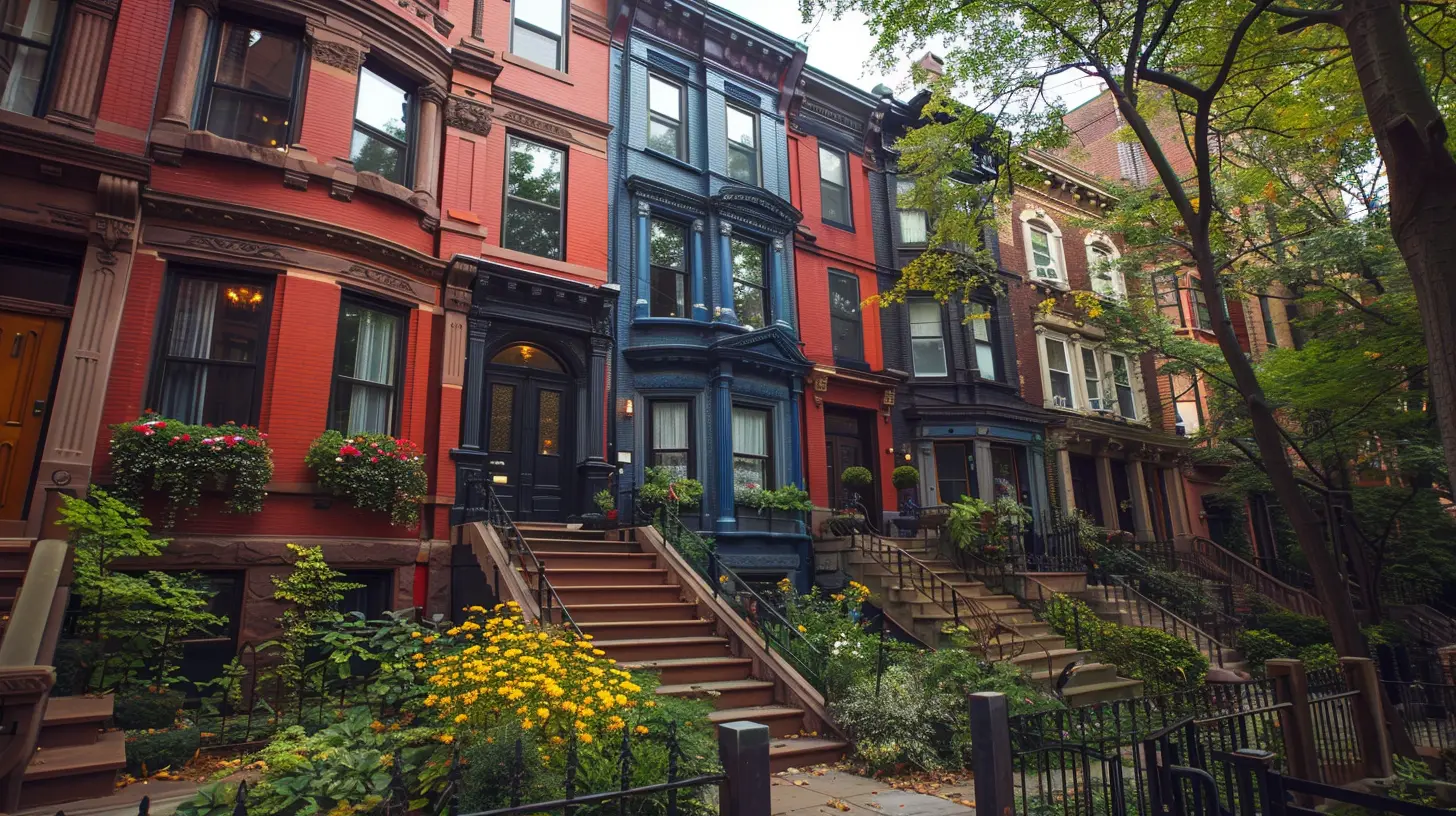
Challenges of Owning a Historic Home
Okay, let’s not sugarcoat this—owning a historic home isn’t all rose-colored glasses and Victorian staircases. There are challenges, too.For starters, renovations can be more expensive and time-consuming. You can’t just waltz into a hardware store and grab a replacement for that antique doorknob or carved column. Permits and regulations are often stricter, especially if your home is in a designated historic district.
And then there’s the maintenance. Older homes were built in a different era, with different building codes. That means occasional surprises—leaky roofs, outdated wiring, or the occasional creaky floorboard.
But, if you’re anything like me, you’ll see these quirks as part of the adventure. It’s like adopting a pet—you commit because the love outweighs the work.
How to Be a Responsible Historic Homeowner
So, you’ve fallen in love with a historic beauty and made it yours. Now what? Here are a few tips to maintain the home’s legacy while still living your best 21st-century life:1. Respect the Original Features: Keep as much of the original structure and details as possible. That clawfoot tub? It’s worth every ounce of elbow grease to maintain.
2. Hire Specialists: Work with contractors and architects who specialize in historic preservation. Trust me, you’ll thank yourself later.
3. Stay Informed: Join local historical societies or preservation groups. They’re great resources and can connect you with grants or incentives.
4. Balance Modern and Historic: Yes, you can add Wi-Fi without ripping out the plaster walls. Respecting history doesn’t mean you can’t embrace modern comforts.
Is a Historic Home Right for You?
So, here’s the million-dollar question: should you buy a historic home? If you’re someone who values character, heritage, and a sense of place, the answer is probably yes. But—full disclosure—you’ll need patience, passion, and a willingness to roll up your sleeves.Owning a historic home is like keeping a piece of the past alive. It’s not just about where you live; it’s about honoring the stories that came before you. And in today’s market, where everything seems to move at breakneck speed, isn’t it refreshing to own something that asks you to slow down and appreciate?
Wrapping Up
Historic homes are more than just bricks and mortar; they’re living, breathing stories that connect us to the past. They bring charm, character, and a sense of identity to neighborhoods, all while standing the test of time. Yes, they might come with their quirks and challenges, but that’s part of what makes them so special.So, whether you’re a potential homebuyer or just someone with a soft spot for history, remember this: preserving historic homes isn’t just about real estate—it’s about preserving our collective human story. And in a world that sometimes feels too fast and too disposable, isn’t that something worth holding onto?
all images in this post were generated using AI tools
Category:
Historic HomesAuthor:

Kingston Estes
Discussion
rate this article
7 comments
Kieran Roberts
This article insightfully highlights the importance of historic homes in today’s real estate landscape. Preserving these architectural treasures not only enriches our communities but also offers unique investment opportunities. Well done!
May 12, 2025 at 2:53 AM

Kingston Estes
Thank you for your thoughtful comment! I'm glad you found the article valuable in highlighting the role of historic homes in our communities and the real estate market.
Coral Hubbard
Beautifully said! Heritage enriches our communities.
May 9, 2025 at 11:53 AM

Kingston Estes
Thank you! I'm glad you enjoyed it. Heritage truly plays a vital role in our communities.
Velvet Snyder
Historic homes enrich communities, embody cultural stories, and enhance property value, bridging the past with modern living.
May 8, 2025 at 9:01 PM

Kingston Estes
Absolutely! Historic homes not only preserve our cultural heritage but also strengthen community identity and boost local economies.
Lincoln Sanders
Great insights! Preserving historic homes not only honors our past but enriches our communities. These treasures add unique character and charm to modern real estate, reminding us of the stories that shape us.
May 8, 2025 at 11:32 AM

Kingston Estes
Thank you! I completely agree—historic homes are invaluable, not just for their beauty, but for the stories and connections they foster within our communities.
Simon Barrett
Historic homes play a vital role in maintaining community identity and architectural diversity. While modern development meets current demands, preserving these properties fosters cultural connections and offers unique character. Striking a balance between innovation and heritage can enrich our living environments for future generations.
May 7, 2025 at 7:19 PM

Kingston Estes
Thank you for highlighting the importance of historic homes! They truly are essential for preserving community identity and enriching our environments while balancing modern needs.
Galina Kirkpatrick
This article beautifully highlights the significance of historic homes in today's real estate landscape. Preserving these structures not only maintains cultural heritage but also enhances community character and value. Embracing history in modern development fosters a deeper connection to the past while contributing to sustainable, vibrant neighborhoods. Well done!
May 7, 2025 at 12:00 PM

Kingston Estes
Thank you for your thoughtful feedback! I'm glad you found the article resonates with the importance of preserving historic homes in enhancing community character and sustainability.
Zayne Ford
Oh, absolutely! Who wouldn’t want to live in a drafty, creaky old house that’s so charmingly stuck in the past? Forget modern amenities; let’s just embrace all that lovely, historic “character” instead!
May 4, 2025 at 2:26 AM

Kingston Estes
While historic homes may come with quirks, their unique charm and rich stories contribute to our cultural heritage, offering a sense of community and identity that modern amenities often lack.
MORE POSTS
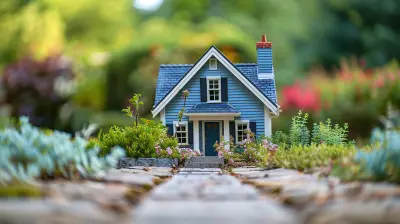
Understanding Tax Benefits for Real Estate Investors
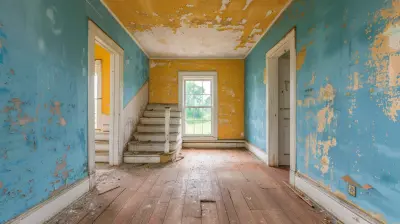
The Art of Negotiating: Getting the Best Deal on a Fixer-Upper
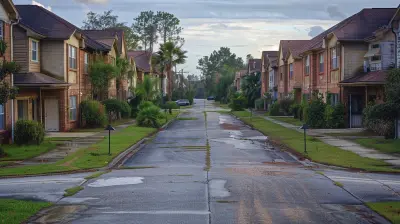
Investing in Foreclosures: Risks and Rewards
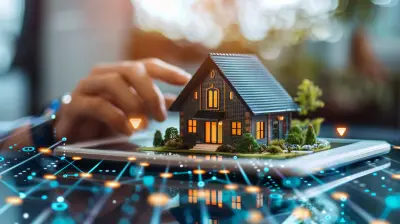
Real-Time Data in Real Estate: The Importance of Software Integration
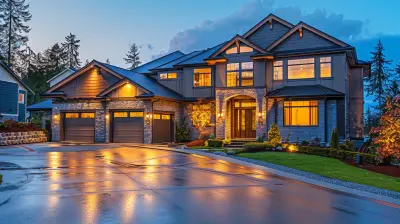
Newly Listed Homes with Stunning Architectural Details
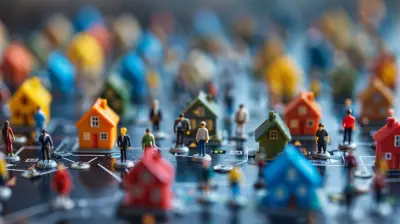
Expanding Your Real Estate Network Beyond Your Local Market